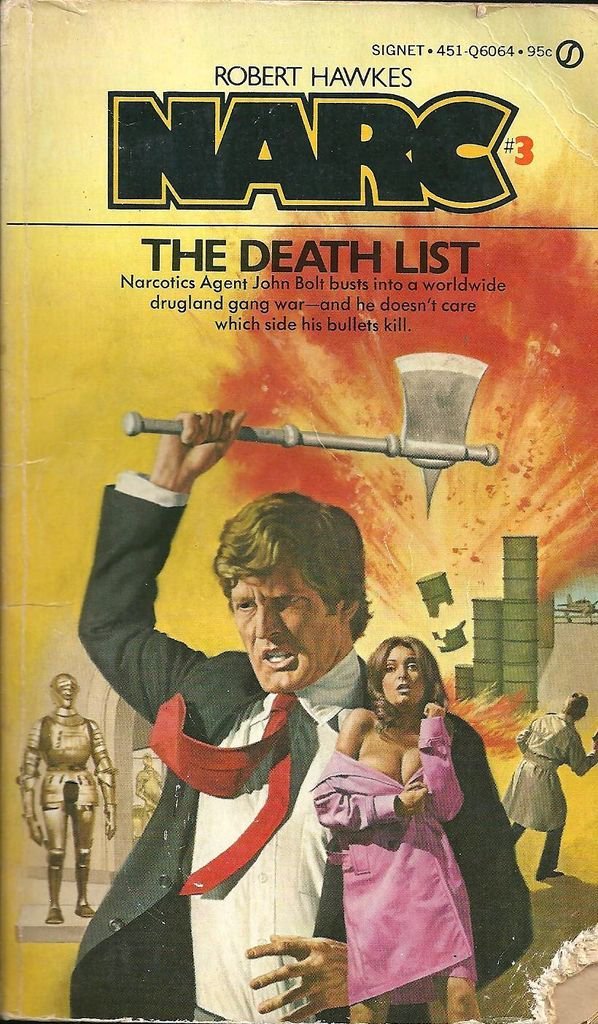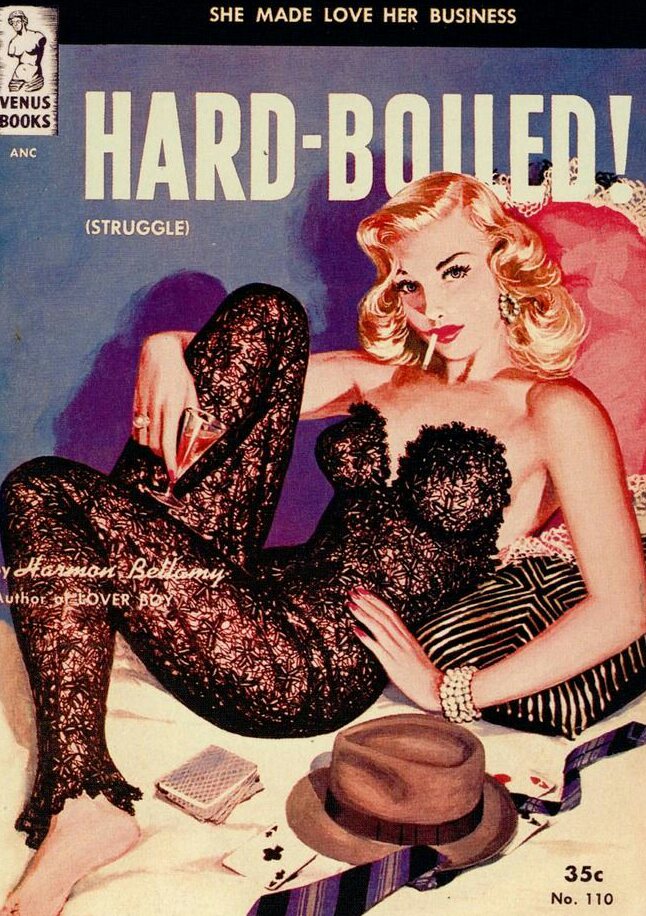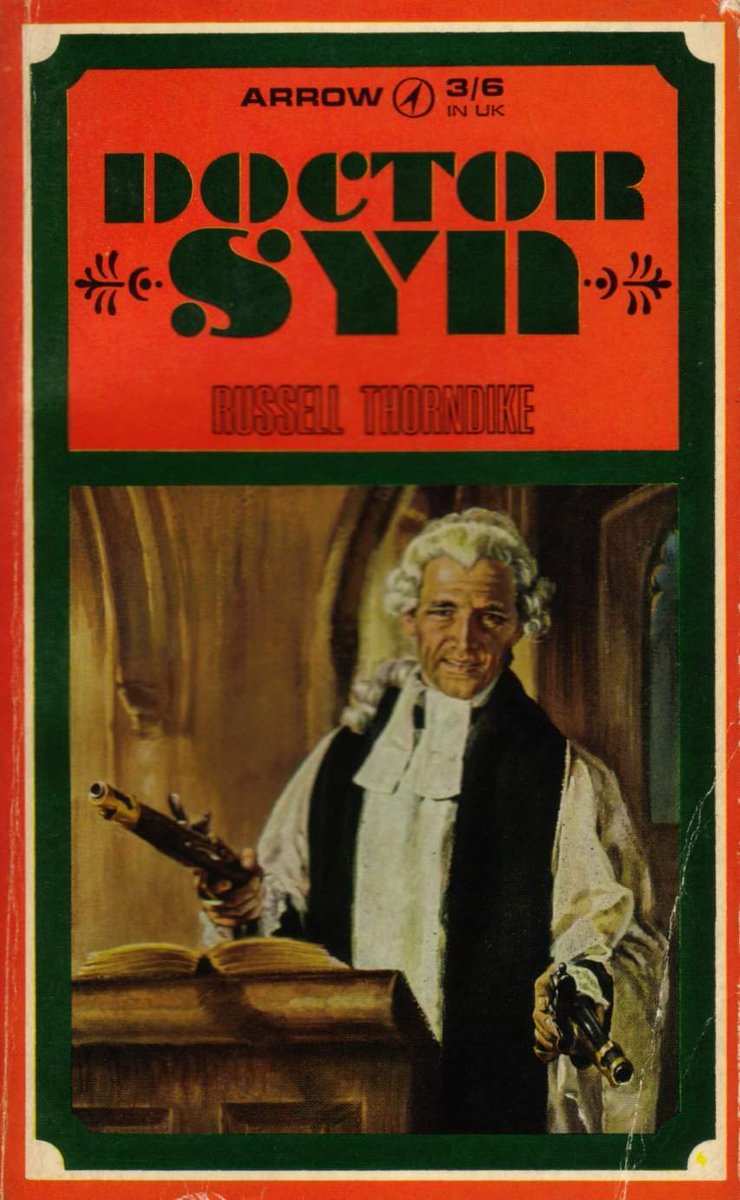"OK Gloria, this is an international spy novel so try and look suspenseful. And provocative. And continental. With a hint of frisson. Keep it classy." 

"OK Deborah, this is a really tense scene in the novel so try and look imperiled. And intriguing. And beguiling. Maybe a hint of chagrin. Now light me." 

"Right Agatha, you're an international hitwoman so try and look dangerous. And possibly Spanish. And equestrian. Give me Spanish horses in your eyes. Be a danger jockey, but a bit teasing. Maybe undo a button." 

"Right Penelope we're going for medieval on this one, but sexy. Sexy medieval. Champagne and Charlemagne. The Wife of Bath on a hen night. Give me Joan of Arc, but with a kinky whip." 

"OK Amanda, I want stern but sexy. And petrochemical. Sexy inorganic petrochemical. And cleavage. Massive pipelines and big plungers, but classy." 

"OK Jill, think Cairo. Pyramids. Sexy pyramids. Amenhotep in expensive perfume. Cleopatra on a promise. Maybe with some pouting." 

"OK Pamela, I want seduction. And intrigue. And the deep sea fishing industry. Think cod, but sexy. Sexy, intriguing cod. Literally give me fishnets. With cleavage." 

"OK Fiona, this one's in Berlin. I want sexy, but Teutonic. Classy. Think European. A braless Brandenburg Gate of beguiling. Menace that map." 

"OK Daphne I want British, but sexy. Sophisticated. Maybe with cleavage. And mystery. Mysterious cleavage. Mary Poppins in a string bikini. With a gun. Sexy fish and chips. But classy." 

"Remember Emily, you're a cobra. A sexy, dangerous cobra. On a plane. You're a snake on a plane. With long legs. Maybe a pout. Give me pouty snakey danger. Hiss a little if it helps." 

"Look Claudia, we don't have any budget. Just do your best. Sexy, but with documents. Put your hood up if you're cold. And scene..." 

• • •
Missing some Tweet in this thread? You can try to
force a refresh






















